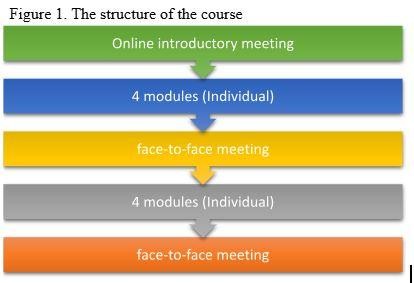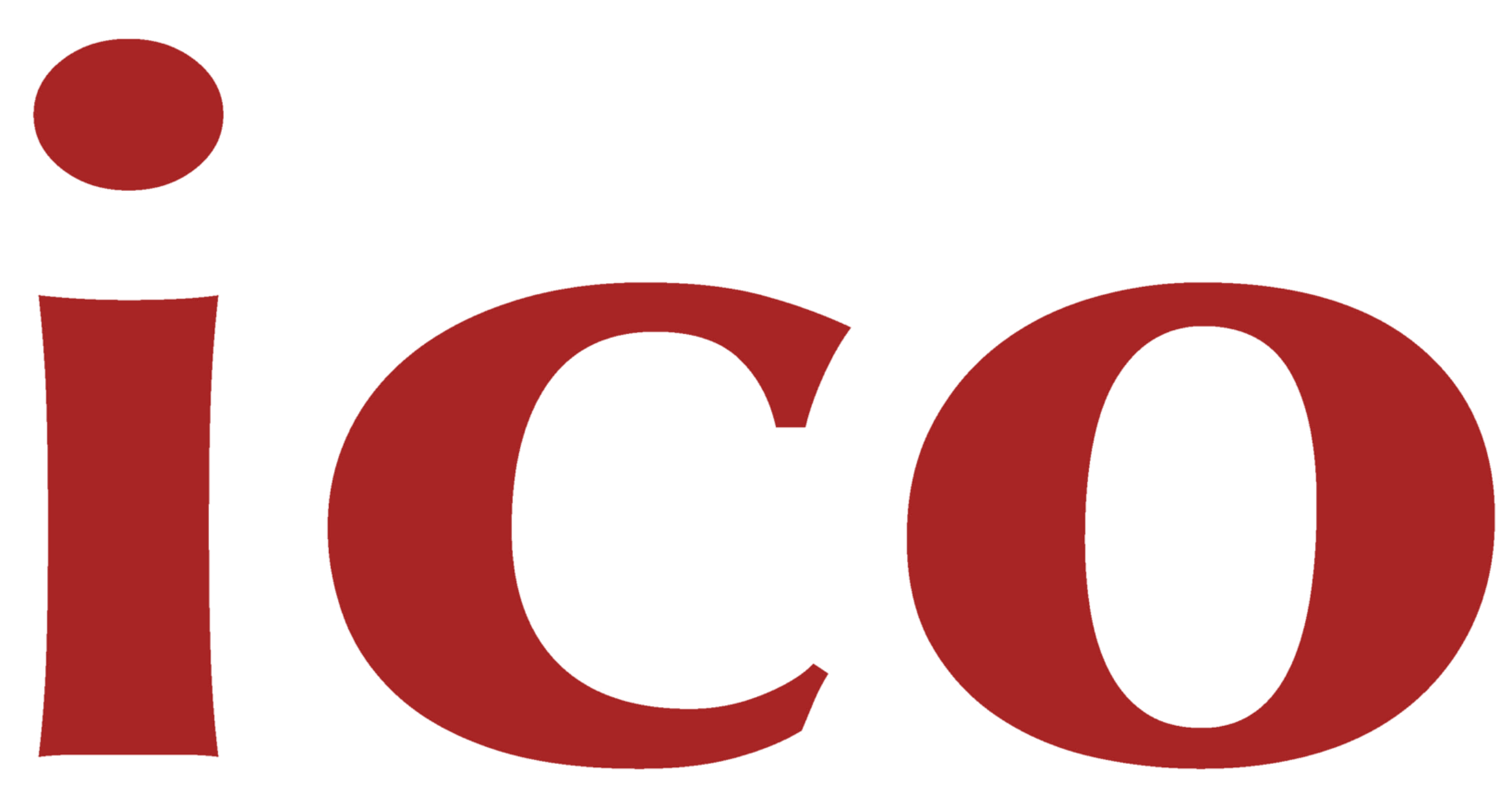25-T1-I Basics: Part 1 of Learning and Instruction: Basics and Beyond
Course manual
The Basics course is the first part of the ICO Course Learning and Instruction: Basics and Beyond. The second (Beyond-) part of this course: Recent Developments in Learning and Instruction, will be organized simultaneously in the future. In the academic year 2025-2026 we start with the Basics course only. The Beyond-course is currently under construction and will be offered at a later time.
The course is designed for PhD candidates conducting educational research, who have obtained a Master’s degree outside the domain of educational sciences or obtained a teacher education degree, and who want to extend their understanding of the processes and conditions of learning and instruction. The aims of the courses are:
- Basics part: To analyze and understand learning theories, to design learning situations, critically reflect on learning theories and learning situations and to be able to communicate clearly and exchange ideas and insights in teams (part 1 – 2 ECTS)
- Beyond part: To exploring recent developments in research on learning and instruction (part 2 – 2 ECTS)
Coordinators:
Michelle Helms-Lorenz
Maryam Asoodar
Anne de Bruijn
Planning group member
Anna Isahakyan
Literature
Not compulsory, but if you prefer to read instead of watching the Basics instructor videos, we recommend one of these textbooks:
- Schunk, D. (2019). Learning theories: An educational perspective. Pearson.
- Mayer, R. E., & Alexander, P. A. (Eds.). (2011). Handbook of research on learning and instruction (p. 1014114352). New York: Routledge.
- Valcke, M. (2018). Onderwijskunde als ontwerpwetenschap: van leren naar instructie: deel 1. Acco.
- Van Merriënboer, J. J., Kirschner, P. A., & Frèrejean, J. (2024). Ten steps to complex learning: A systematic approach to four-component instructional design. Routledge.
Recommended articles:
- Ertmer, P. A., & Newby, T. J. (2013). Behaviorism, cognitivism, constructivism: Comparing critical features from an in-structional design perspective. Performance Improvement Quarterly, 26(2), 43-71. Links to an external site.https://doi.org/10.1002/piq.21143 [This article present an overview of the basic learning theories (Behaviorism, cognitivism, constructivism)]
- Van Merriënboer, J. J., Kirschner, P. A., & Kester, L. (2003). Taking the load off a learner’s mind: Instructional design for complex learning. Educational psychologist, 38(1), 5-13. https://doi.org/10.1207/S15326985EP3801_2
- Van Merrienboer, J. J., & Sweller, J. (2005). Cognitive load theory and complex learning: Recent developments and future directions. Educational psychology review, 17, 147-177.https://doi.org/10.1007/s10648-005-3951-0
- Vandewaetere, M., Manhaeve, D., Aertgeerts, B., Clarebout, G., Van Merriënboer, J. J., & Roex, A. (2015). 4C/ID in medical education: How to design an educational program based on whole-task learning: AMEE Guide No. 93. Medical teacher, 37(1), 4-20. https://doi.org/10.3109/0142159X.2014.928407
- Van Merriënboer, J. J., Clark, R. E., & De Croock, M. B. (2002). Blueprints for complex learning: The 4C/ID-model. Educational technology research and development, 50(2), 39-61. https://doi.org/10.1007/BF02504993
- Varpio, L., Paradis, E., Uijtdehaage, S., & Young, M. (2020). The distinctions between theory, theoretical framework, and conceptual framework. Academic medicine, 95(7), 989-994. DOI: 10.1097/ACM.0000000000003075
Specific reading:
- Ambrose, S. A., Bridges, M. W., DiPietro, M., Lovett, M. C., & Norman, M. K. (2010). How learning works: Seven research-based principles for smart teaching. John Wiley & Sons.
- Greeno, J. G., Collins, A. M., & Resnick, L. B. (1996). Cognition and learning. In Berliner, D., & Calfee, R. (Eds.). Handbook of educational psychology (pp. 15-46). New York, NY: MacMillan.
- Specific articles per subject, to be added in time.
BASICS course
The target group:
The course is designed for PhD candidates conducting educational research, who have obtained a Master’s degree outside the domain of educational sciences or who obtained a teacher education degree, and want to extend their understanding of the processes and conditions of learning and instruction.
The structure of the course:
The Basics course consists of 8 modules, which you are expected to complete independently. In addition, there are three scheduled meetings (Figure 1)
- One online introductory meeting at the start of the course
- One face-to-face meeting after completing the first four modules
- One final face-to-face meeting at the end of the course

The eight topics of the modules include:
1. Perspectives on learning and instruction: theories and research paradigms
2. Learning and Transfer
3. Knowledge and Memory
4. Metacognition and Self-regulation
5. Learning and Instruction
6. Motivation and Engagement
7. Learning as a Social Process
8. Beginners and Experts
For each topic, web lectures are given in the form of so-called slide casts: PowerPoint or Prezi presentations with a voice-over. You either watch the slide-casts or study the literature on learning theories, complete the assignments and meet other participants at the beginning, half way and at the end of the course.
The first introduction online meeting aims to introduce participants to each other and to provide information about the course, including how the face-to-face meetings will be organized, what the eight modules will cover, and the key deadlines.
The halfway meeting aims to practice the application of learning theories to research designs.
During the last meeting at the end of the course participants will reflect upon what they have learned from this course as a whole, considering all theories and thinking about which perspectives are most relevant for their own research.
Assessment
Attending the meetings and completing the assignments are part of the course requirements. A course certificate is handed out if all course requirements are met. Each assignment will be assessed.
The assessment will be formative and aimed at developing students’ competencies in the context of instruction and learning research.
The course will support the development of the following key competencies:
1. Analysis
2. Design
3. Critical Thinking and Reflection
4. Communicator
To help students understand their progress, individual assignments will provide opportunities for personalized feedback from the course instructors. Feedback will highlight students’ strengths, identify areas for improvement, and offer specific guidance for further development, through feedback, feed forward and feed up.
Students will also receive a score for each competency, rated on a scale from 1 to 5:
1 –Inadequate, 2 – Needs Improvement, 3 – Satisfactory, 4 – Good, 5 – Excellent.
Planning of the modules
The course will start in October 2025 with an introduction meeting of max 1,5 hours. Upon registration, please indicate your availability on Wednesdays and Fridays so we can finalize the planning of the meetings, which will be held in Utrecht, according to your availability. Exact dates will be planned in consultation with the participants.
Course dates and location
- Start Course: (online) Introductory meeting in week 41 (morning of 10/10)
- Midway onsite meeting, Utrecht: in week 51 (afternoon of 19/12): Vergadercentrum Vredenburg, Vredenburg 19 Utrecht
- Final onsite meeting, Utrecht: in week 10 (afternoon of 6/3/2026) location: University Library City Centre, Zone E (Corner Keizerstraat and Wittevrouwenstraat, entrance Wittevrouwenstraat), Room E0.32 (Digital Humanities Workspace)
Assignments of the modules have to be ready on:
- Module 1: 31/10/2025
- Module 2: 14/11/2025
- Module 3: 28/11/2025
- Module 4: 12/12/2025
- Module 5: 9/1/2026
- Module 6: 23/1/2026
- Module 7: 6/2/2026
- Module 8: 20/2/2026
